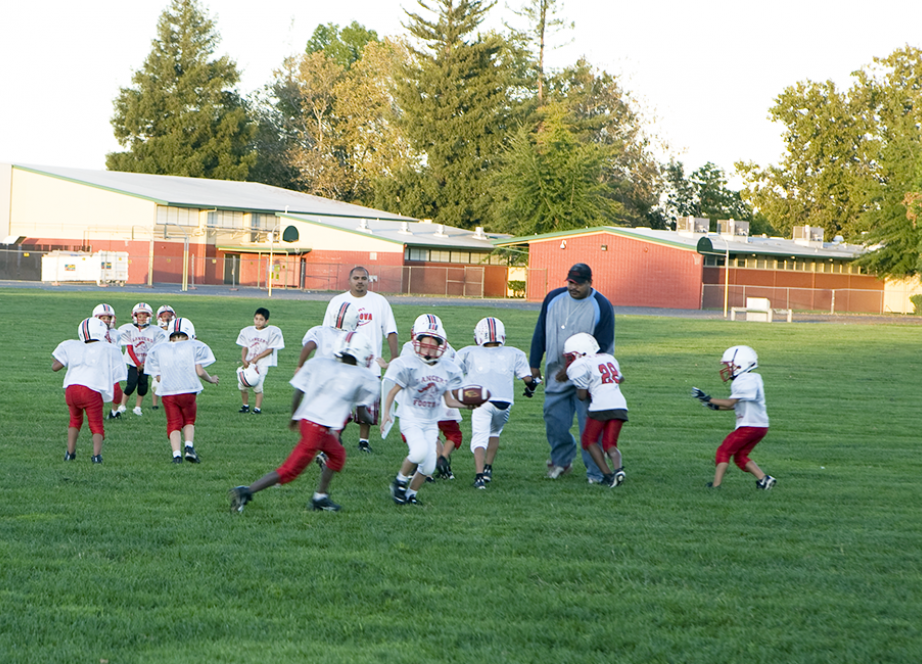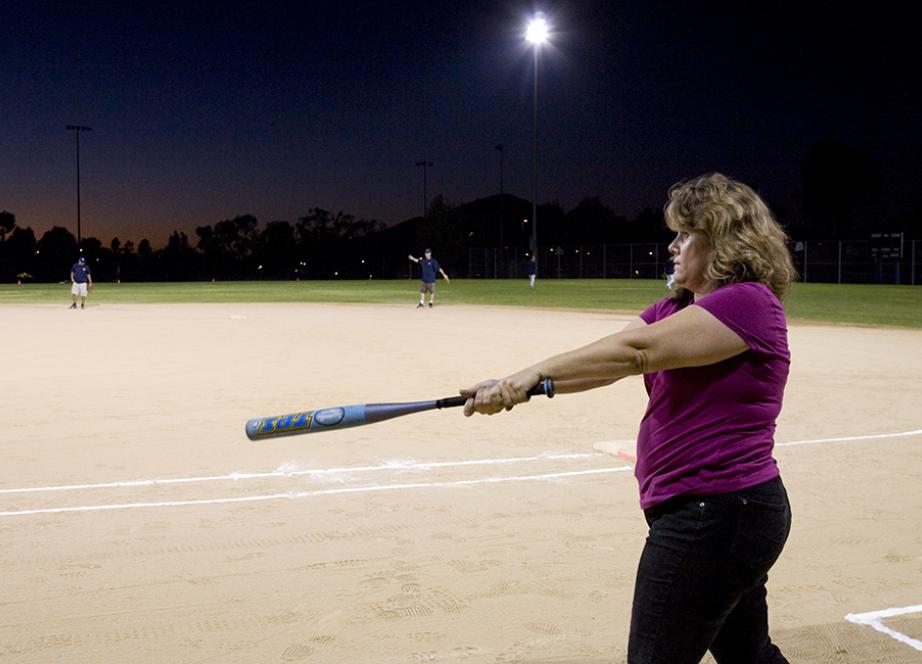One of the most common reasons given when schools or government agencies don’t move forward with a shared use relationship is fear that they will be liable (legally responsible) if someone is injured or property is damaged. Sometimes liability issues are a very real hurdle that complicates shared use opportunities. Other times, liability issues can be easily overcome with the right tools. Regardless, liability is a potentially complex legal concern that should be addressed in any shared use agreement.
All 50 states have their own laws governing liability, and all offer some legal protections (sometimes called immunity) for public entities like schools if injury or property damage occurs on public property. Some states have strong protections for public entities, while other states have more limited protections.
One way to address liability concerns is to increase government immunity through changes to state law. Because of the complexity of tort liability laws, however, if the legislation seeking to change or clarify immunity isn’t well written or properly integrated into the state’s existing laws, the legislative changes can actually have negative consequences. These legislative “fixes” can muddle the legal rights and responsibilities of everyone involved and may indeed leave community members with little or no recourse should they be injured as a result of an entity’s carelessness.
ChangeLab Solutions believes that there are often better ways to address liability issues than amending state law. By using prudent risk management strategies, such as regularly inspecting and maintaining property, carrying the proper insurance, and distributing legal risk through shared use agreements, parties can often overcome any liability concerns that might stand in the way of achieving a successful shared use partnership.
We have created a variety of tools to help communities to assess, understand, and manage risk.



